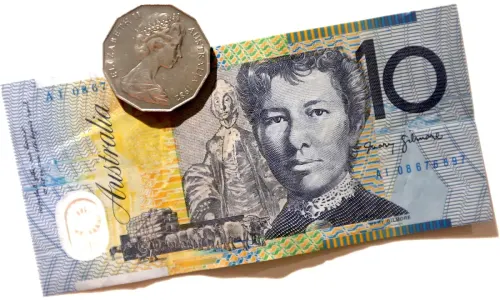See all Veritasium transcripts on Youtube

Would You Take This Bet?
7 minutes 18 seconds
🇬🇧 English
Summaries Topics Transcript Chapters Titles Socials Twitter Blog Post Newsletter Quotes Quizzes Ask ChatGPT

Omnivision Solutions Ltd

7 minutes 18 seconds
🇬🇧 English

Omnivision Solutions Ltd